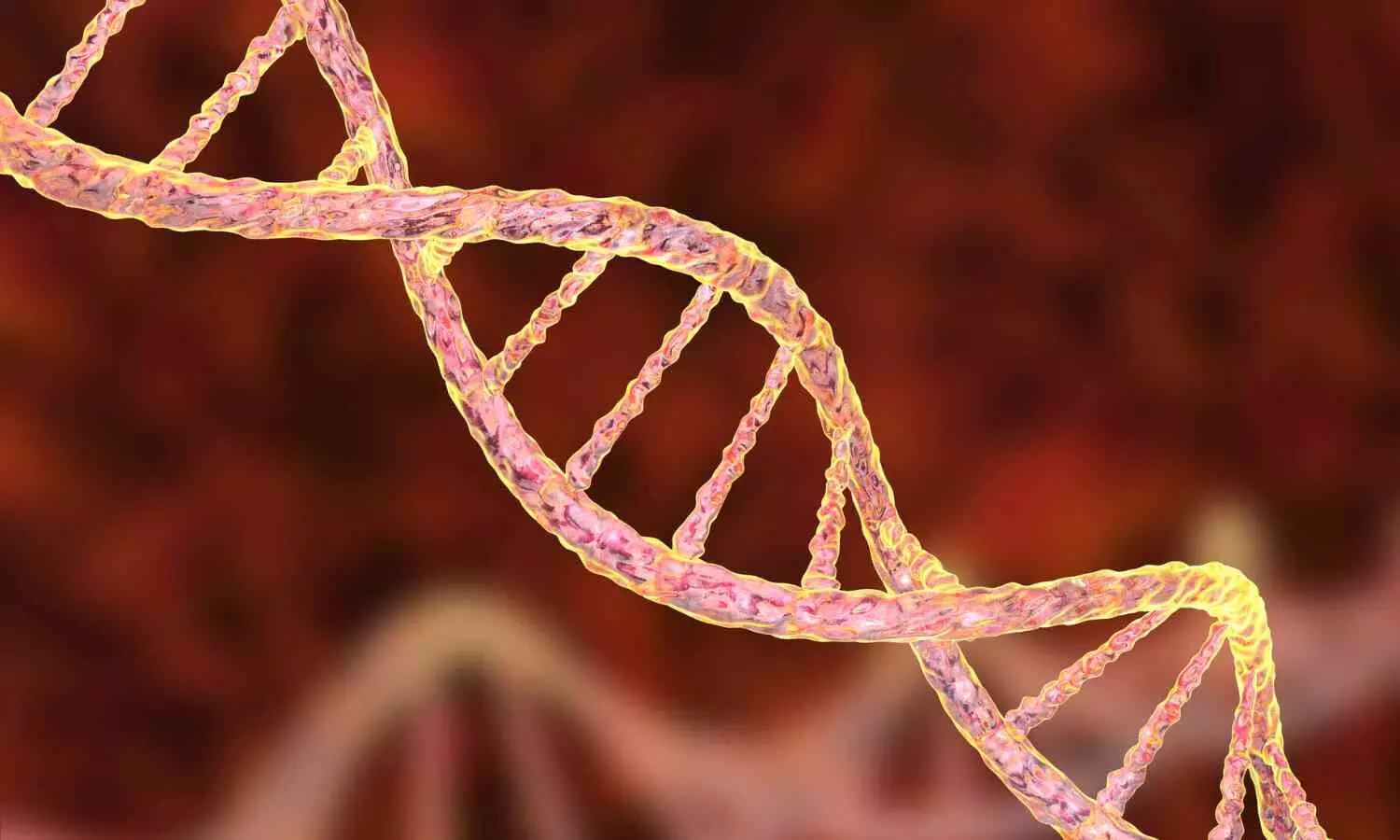New Study Reveals Eight Genes Associated with Schizophrenia

New Delhi: UK researchers have identified eight new genes linked to schizophrenia, marking a significant step toward better understanding and developing future treatments for the serious mental illness.
Schizophrenia affects how individuals think, feel, and act, often causing symptoms such as hallucinations, delusions, disorganised thinking, and behavioural changes.
In the recent study, scientists from Cardiff University's Centre for Neuropsychiatric Genetics and Genomics (CNGG) focused on rare, high-impact mutations in protein-coding genes that appear more frequently in people with schizophrenia. The findings were published in the journal Nature Communications.
Two genes — STAG1 and ZNF136 — showed a strong genetic association with schizophrenia, while six others — SLC6A1, KLC1, PCLO, ZMYND11, BSCL2, and CGREF1 — were linked with more moderate evidence.
The study also revealed that SLC6A1 and KLC1 are the first schizophrenia-associated genes identified exclusively through missense variants, a specific type of mutation that changes the amino acid sequence in proteins.
"These findings are informative because they suggest that schizophrenia might be linked to changes in how DNA is organised within cells, and also disruptions in how brain cells communicate using a chemical called GABA,” said Sophie Chick, a doctoral student at Cardiff University.
Chick added, “These results further our understanding of the complex neurobiology of schizophrenia and put us closer to the goal of advancing drug discovery and improving treatment."
The international team analysed genetic data from 28,898 people diagnosed with schizophrenia, 103,041 unaffected individuals, and 3,444 families with a history of the condition.
The study also supports the idea that schizophrenia shares genetic connections with other neurodevelopmental disorders. Four of the newly identified genes — STAG1, SLC6A1, ZMYND11, and CGREF1 — have previously been linked to conditions such as autism, epilepsy, and developmental delay.
“Rare genetic variants have long been known to have a role in schizophrenia, but identifying specific genes linked to these mutations has been a major challenge,” said lead author Dr. Elliott Rees from Cardiff University School of Medicine.


